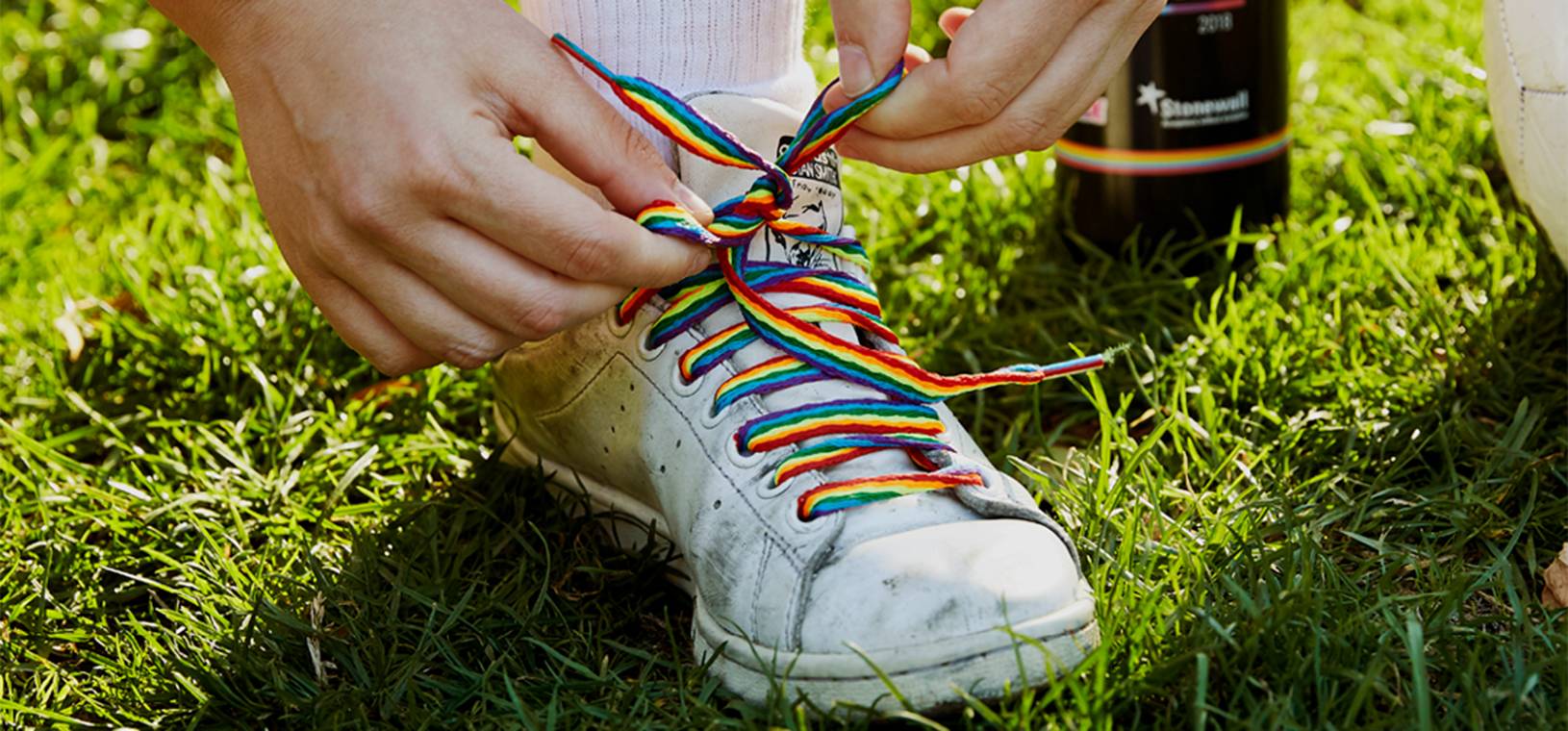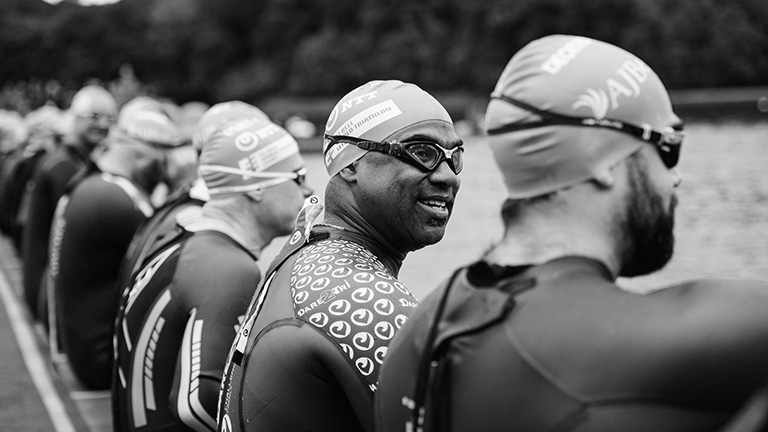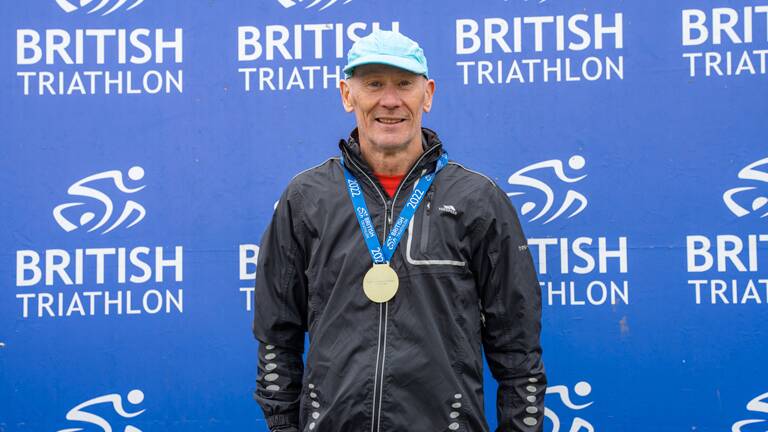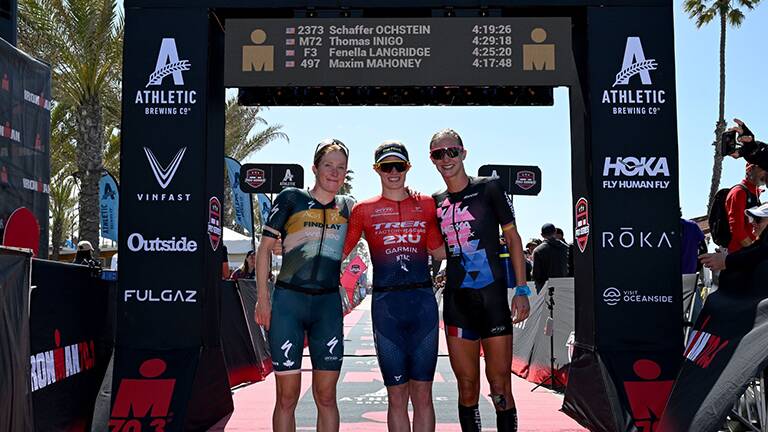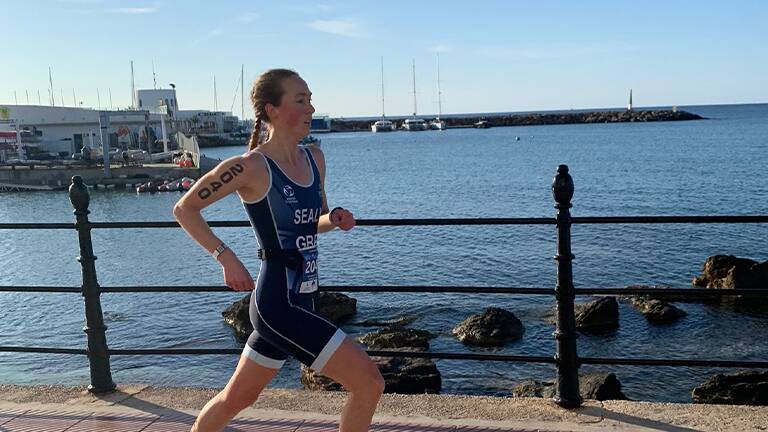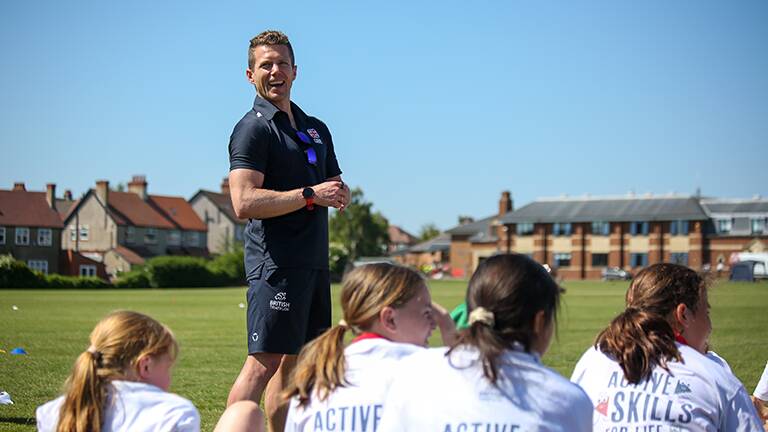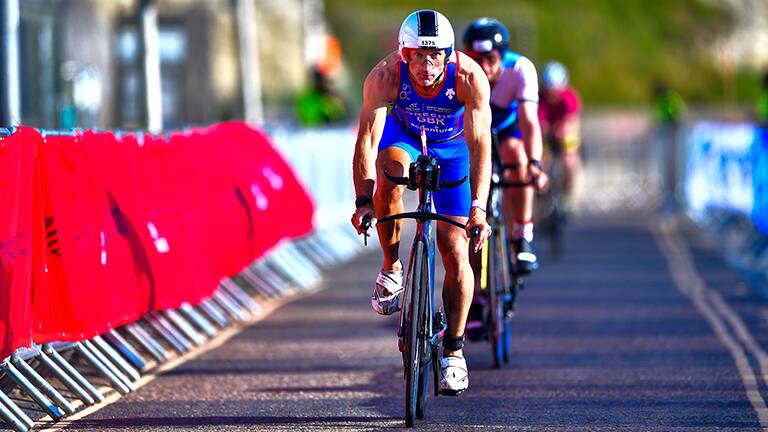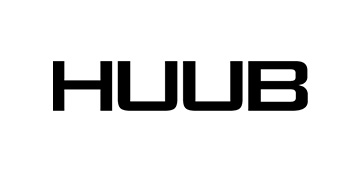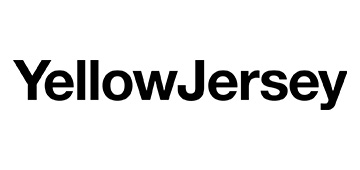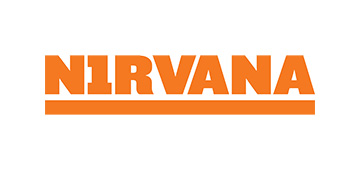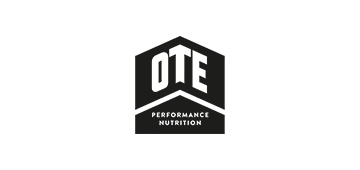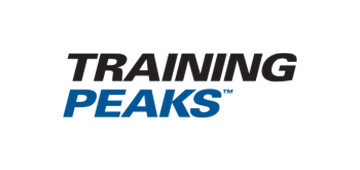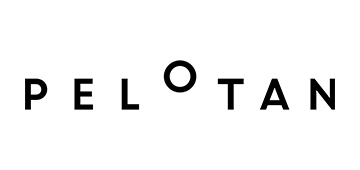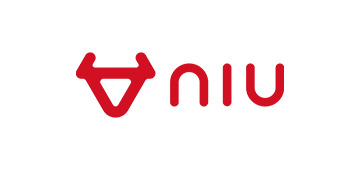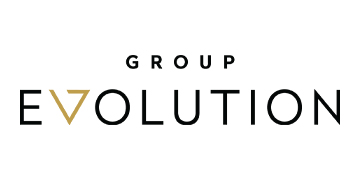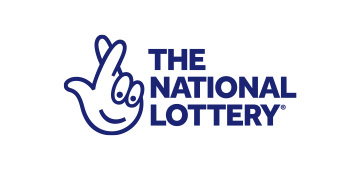The sporting world has the incredible potential to drive social change and, with so many people within LGBT+ communities feeling as if they aren’t represented, it’s clear that there is still a lot of work to be done to become more inclusive.
Research across the sport sector shows that 11% of LGBT+ people have been discriminated against while exercising at a fitness club or taking part in a group sport in the last year, and 28% of trans people have been discriminated against.
In addition to that, 14% of LGBT+ pupils, including 29% of trans pupils, are bullied during school sports lessons. It is this stigma that sport has the power to break down and the work of Stonewall and the Rainbow Laces campaign shines a light on these barriers in order to make the sporting world more accommodating to the LGBT+ community.
Nikki Bartlett, IRONMAN Lanzarote winner and paratriathlon PTVI guide spoke about the importance of the campaign saying: “It’s allowing people to be who they are and not be scared to be open and honest. When I came out twelve years ago, things were very different back then, I didn’t know anyone who was gay. But nowadays people can be more honest with who they are and the more we promote that, the more people can come out and be who they are.”
The Covid-19 pandemic has had a disproportionate impact on the lives of people from marginalised or disadvantaged groups including those in LGBT+ communities. The strain on the healthcare system as well as the isolation that has been a constant feature of this year has had a significant effect on these communities.
According to LGBT Foundation research, more than half of LGBT+ people experienced depression last year, and more than a quarter of them said that isolation was their top concern during the national lockdown.
Looking at sport specifically, 43% of LGBT+ people think public sporting events are not a welcoming space for LGBT+ people, and 56% of sports fans who saw Rainbow Laces agreed that more needs to be done in order to make LGBT+ people feel more accepted in sport.
Bex Milnes, Lead Paratriathlon Coach at British Triathlon's Loughborough Triathlon Performance Centre and Bartlett’s partner said: “The support for athletes is important, as is the advice for how to make environments more inclusive and education for event organisers. Simple things like creating more diverse application forms that cater for everybody or creating gender non-binary race categories to make the sport more inclusive.
“Campaigns like this are great because they raise awareness and help normalise the discussion. You shouldn’t have to announce who you are as a person.”
One important aspect of the Rainbow Laces campaign is the encouragement of people from outside of the LGBT+ community to become LGBT+ allies. Whether that is by including your preferred pronouns next to your name in video chats, speaking out against prejudice, or supporting LGBT+ peers.
Bartlett said: “When I came out, I had a really tough time with it and that was because not many people had come out at the time. It’s definitely grown to be more accepted now. I didn’t really know who to go and talk to, so it helps to have more platforms to go to.”
With LGBT+ issues now attracting more attention and the sporting community becoming a louder voice and a more inclusive sector, this campaign provides an opportunity for more people in the LGBT+ community to be seen and heard, further breaking down social stigma.
“The more people who can talk naturally about who they are the better,” said Bartlett. “This allows people who are growing up in the sport to see that it’s open and inclusive to all people no matter your background.
“Could we ever get to the point where we don’t feel different and we don’t feel like we have to come out?”
You can find out more about Stonewall and the Rainbow Laces campaign on their website.

